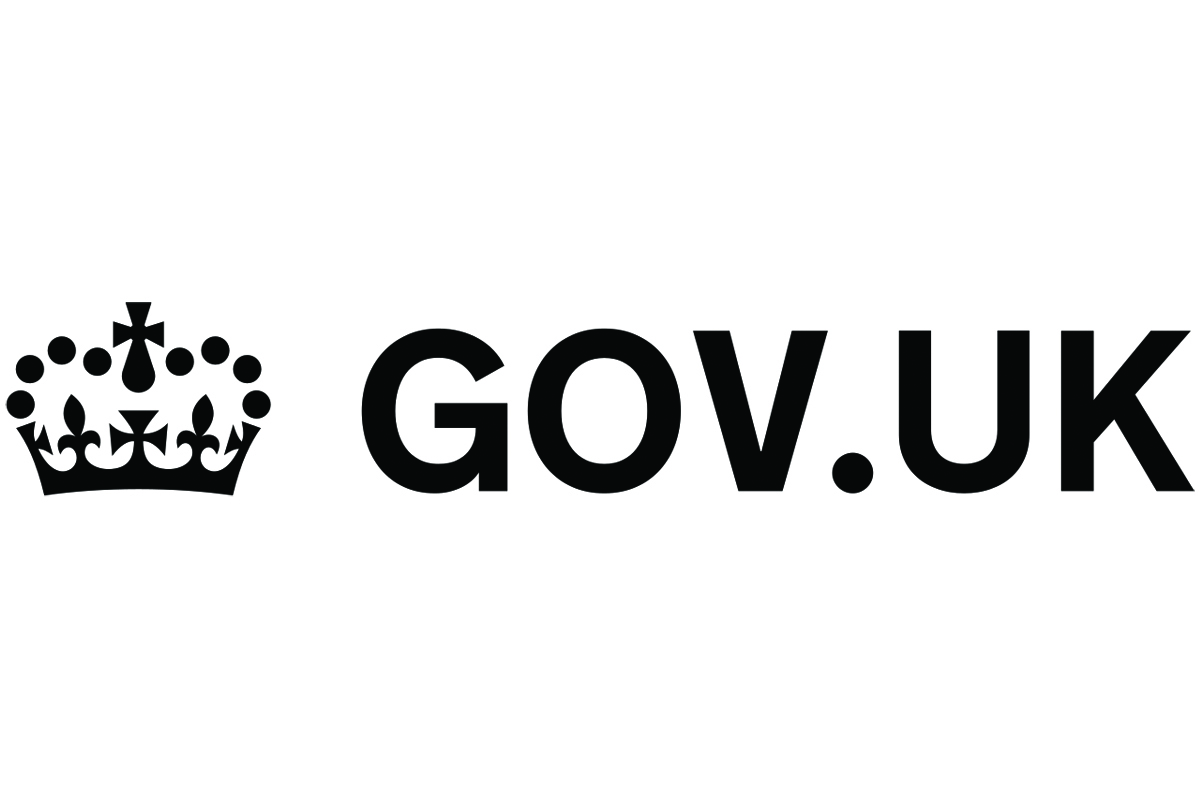
09 Jan 2023
Find out about the Energy Bills Discount Scheme (EBDS) for non-domestic customers.
The Energy Bill Relief Scheme currently provides a discount on wholesale gas and electricity prices for all non-domestic consumers. This includes public sector organisations, voluntary sector organisations like charities, and businesses.
The scheme came into effect on 1 October 2022 and was always intended to run until 31 March 2023.
The EBRS was designed as a temporary six-month measure to protect non-domestic consumers from soaring energy costs, cutting the cost of power bills and providing them with the certainty they needed to plan through the acute crisis this winter.
In light of this, the significant intervention was brought in to help keep people in jobs, prevent unnecessary insolvencies and afford breathing space for businesses to identify measures that protect themselves from high energy costs.
The government has been clear that such levels of support were time-limited and intended as a bridge to allow businesses to adapt. The latest data shows wholesale gas prices have now fallen to levels just before Putin’s invasion of Ukraine and have almost halved since the current scheme was announced.
The new scheme therefore strikes a balance between supporting businesses over the next 12 months and limiting taxpayer’s exposure to volatile energy markets, with a cap set at £5.5 billion based on estimated volumes.
The EBDS will run for 12 months from 1 April 2023 to 31 March 2024
Eligibility for Energy Bills Discount Scheme
As with the original scheme, the new scheme will be available to everyone on a non-domestic contract including:
who are:
The amount your bills will be reduced
As per the current scheme the government will provide a discount on your gas and electricity unit prices. Eligible non-domestic consumers will now receive a per-unit discount to their energy bills during the 12-month period from April 2023 to March 2024, subject to a maximum discount. The relative discount will be applied if wholesale prices are above a certain price threshold. For most non-domestic energy users in Great Britain and Northern Ireland these maximum discounts have been set at:
The discount is calculated as the difference between the wholesale price associated with an energy contract and the price threshold. The discount is phased in when the contract’s wholesale price exceeds the floor price, until the total discount per MWh reaches the maximum discount for that fuel.
Recognising that some non-domestic energy users in Great Britain and Northern Ireland are particularly vulnerable to high energy prices due to their energy intensive and trade exposure, (referred to as Energy and Trade Intensive Industries or ETIIs), these sectors will receive a higher level of support, subject to a maximum discount. The maximum discounts and price threshold for these sectors are:
For a full list of businesses in scope, see the .
How it works
Applying the reduction
As with the original scheme, suppliers will automatically apply reductions to the bills of all eligible non-domestic customers.
Eligible ETII customers will have to apply for the higher level of support. Further details on how this will work will be published in due course. If you think your supplier is not applying the discount correctly, you should contact your supplier in the first instance.
The government will compensate suppliers for the reduction in wholesale gas and electricity unit prices that they are passing on to non-domestic customers.
The discount applied will be in pence per kilowatt hour (p/kWh). The p/kWh government support for comparable contracts will be the same across suppliers, but the absolute level of individual bills will continue to vary across different contracts and tariffs.
Examples
The level of support for each organisation will vary depending on type and date of contract.
These are illustrative examples only, based on recent averages of forward wholesale prices. Prices may differ from those experienced in practice.
Example 1: A pub
A typical pub uses 16 MWh of gas and 4 MWh of electricity each month. Under the new scheme, it could receive up to £2,280 of taxpayer funded support in the 23/24 financial year.
Example 2: A small retail shop
A typical small retail store uses 2 MWh of gas and 1 MWh of electricity each month. Under the new scheme, it could receive up to £403 of taxpayer funded support in the 23/24 financial year.
Example 3: A medium sized manufacturing business
A medium sized manufacturer uses 1,600 MWh of gas and 200 MWh of electricity each month. Under the new ETII scheme, it could receive up to £687,120 of taxpayer funded support in the 23/24 financial year.
EBRS legislation, rules and guidance
The Energy Prices Act 2022 provided government with the powers to establish the EBRS, ensure scheme benefits are passed on to consumers, and provide for an effective compliance and enforcement regime. The Energy Bills Discount Scheme will be set out in regulations made under these powers.